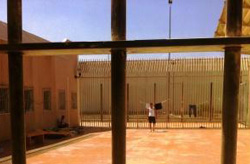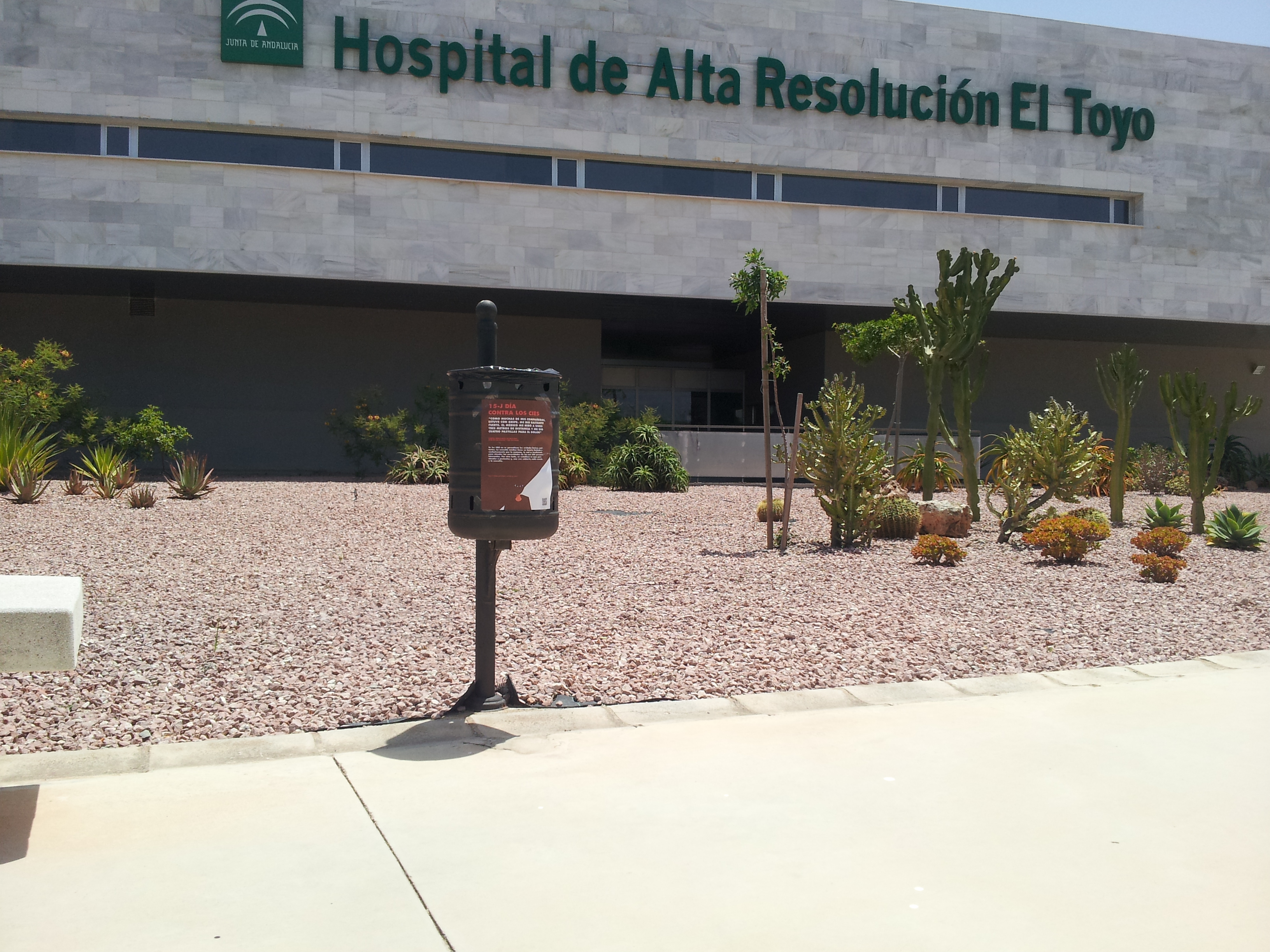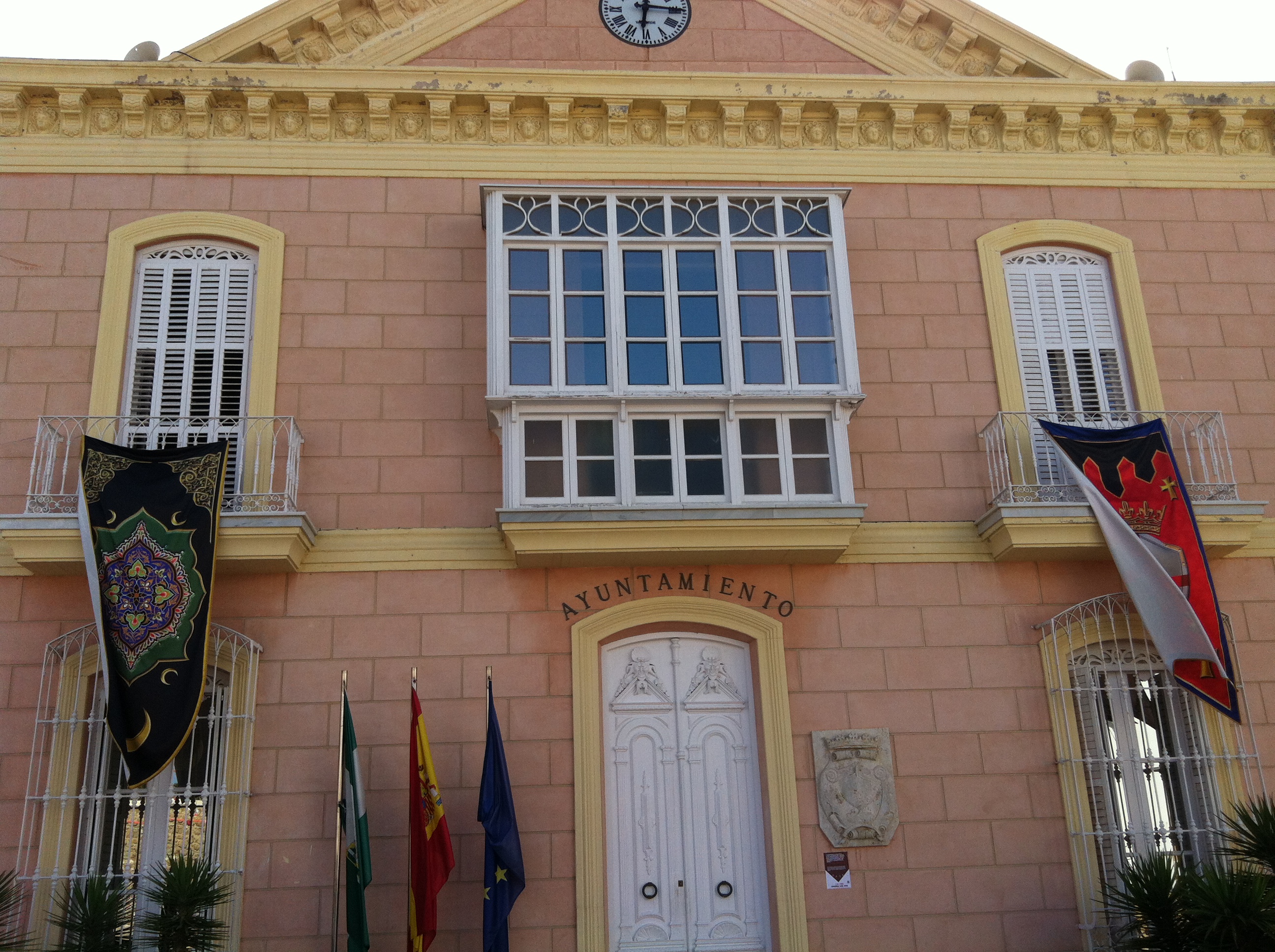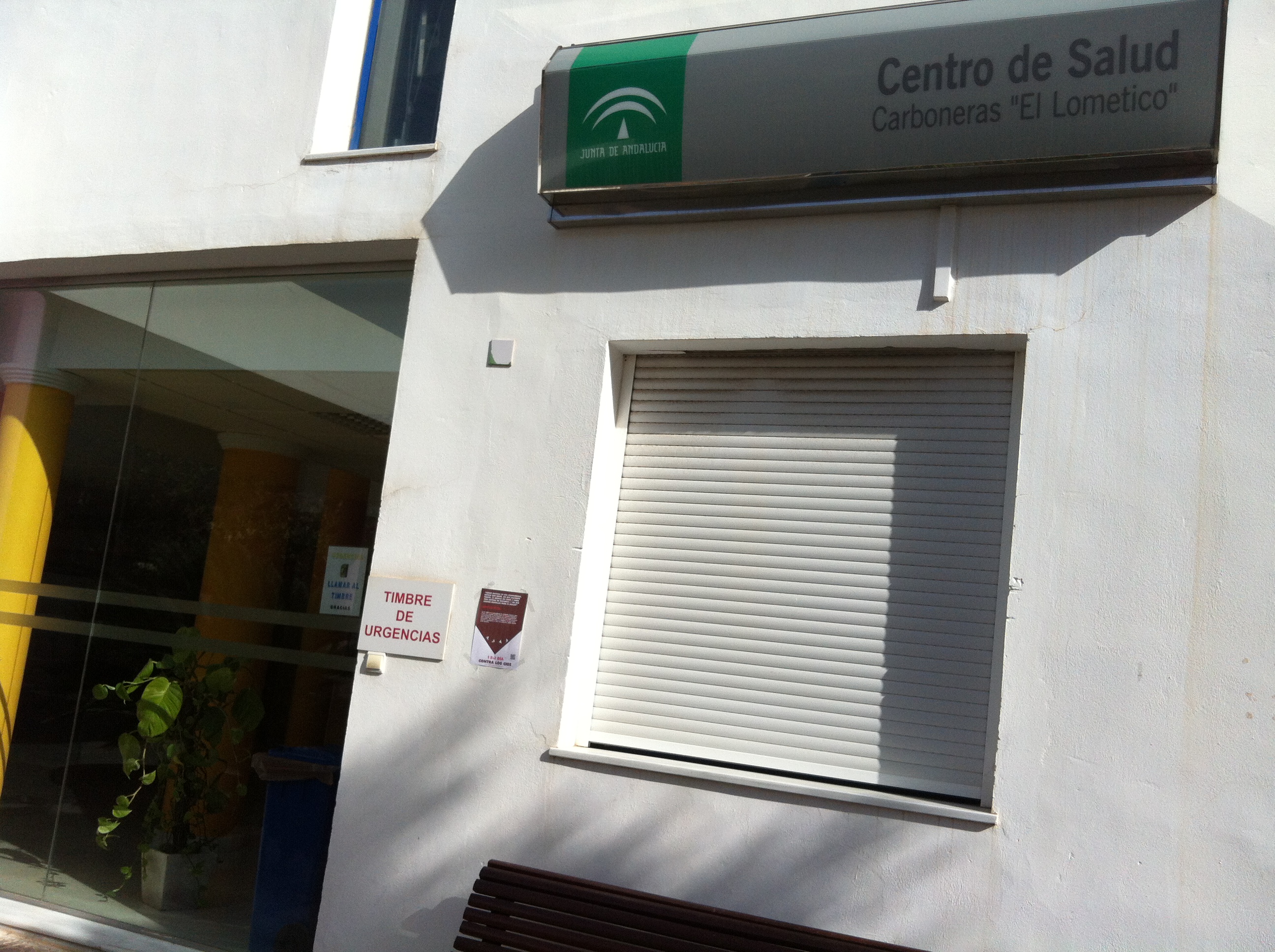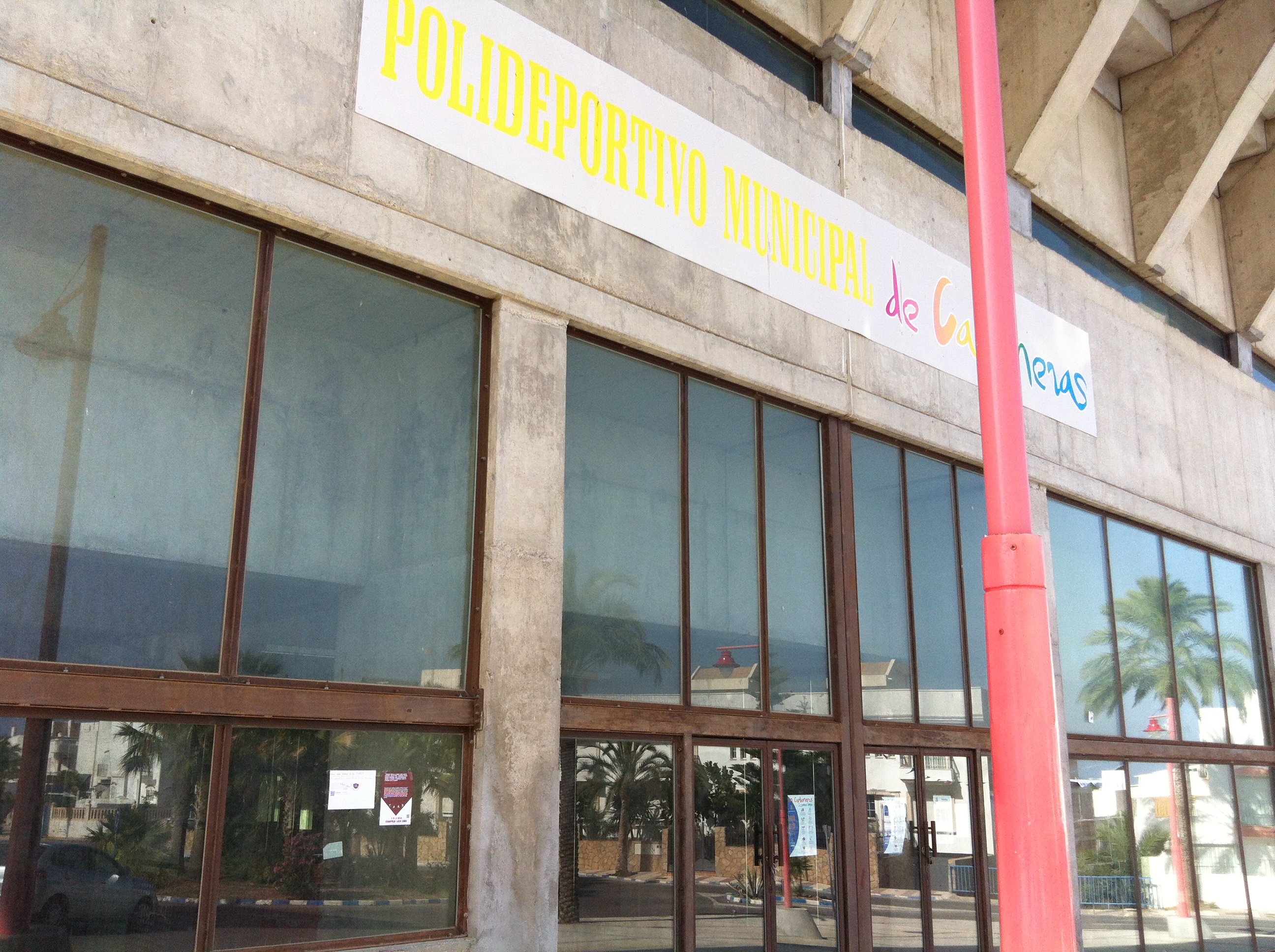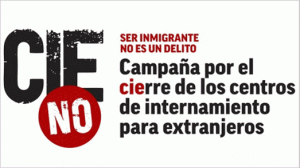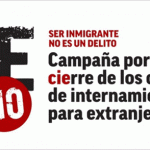Pro Igual´s Intervention at the OSCE Human Dimension Implementation Meeting, Working Session 2: Tolerance and Nondiscrimination
In the course of 2012 and 2013, PRO IGUAL conducted monitoring of hate crimes committed by Spanish extreme right elements against immigrants, minorities, and other vulnerable groups. The aim of the project has been, besides documenting individual cases, to explore the origins, specifics and the reach of the extreme right.
The project highlighted certain weaknesses in the Spanish legal and policy frameworks. Spanish legislation, on the one hand, allows proliferation of parties and organizations propagating intolerance. But on the other hand, it fails to provide adequate recourse for victims. In addition, victims often either do not know how to complain or are afraid. This serves to create a climate of denial and impunity for hate crimes.
PRO IGUAL reports and other materials on the subject are available on the website. In the meantime, we would like to make the following conclusions and recommendations relevant for a number of countries in the OSCE region.
Recommendations:
- The Governments must recognize the reality and the danger of the extreme right ascent to power, and not dismiss the right-wing extremism as fringe behavior of a handful of marginalized youths.
- It is also important to recognize that the extreme right has received a Public Relations makeover. We are no longer dealing with just crude manifestations, such as shaven heads or military boots. The contemporary extreme right is an increasingly sophisticated and insidious ideology that masks hate as care and violence as freedom, and actively uses democratic means to attain undemocratic ends.
- Appeasement does not work. Some of the mainstream parties tried to woo the extreme right voters by embracing xenophobia. But they will never be radical enough for the extreme rights, but will instead lose their core supporters alongside with integrity.
- Economic crisis and corruption must be addressed urgently, as they feed into the extreme right´s popularity. Ineptitude in handling the economic crisis, lack of transparency and seemingly endemic corruption turn the mainstream, moderate voters away from the established parties into the grip of the extreme right.
- Laws must protect the victims of right-wing extremism, not provide loopholes and excuses for perpetrators.
- It is not enough to be reactive; it is essential to become pro-active. This means the alarm must be raised BEFORE the extreme right ascend to power. Otherwise, with each new victory of the extreme right, there will be fewer countries even left to condemn it.
- Last but not least, the Governments should work treat civil society as an ally, and not as a nuisance, as presently civil society is the only force resisting the rise of the extreme right to power.

 September 24th, 2013
September 24th, 2013 


